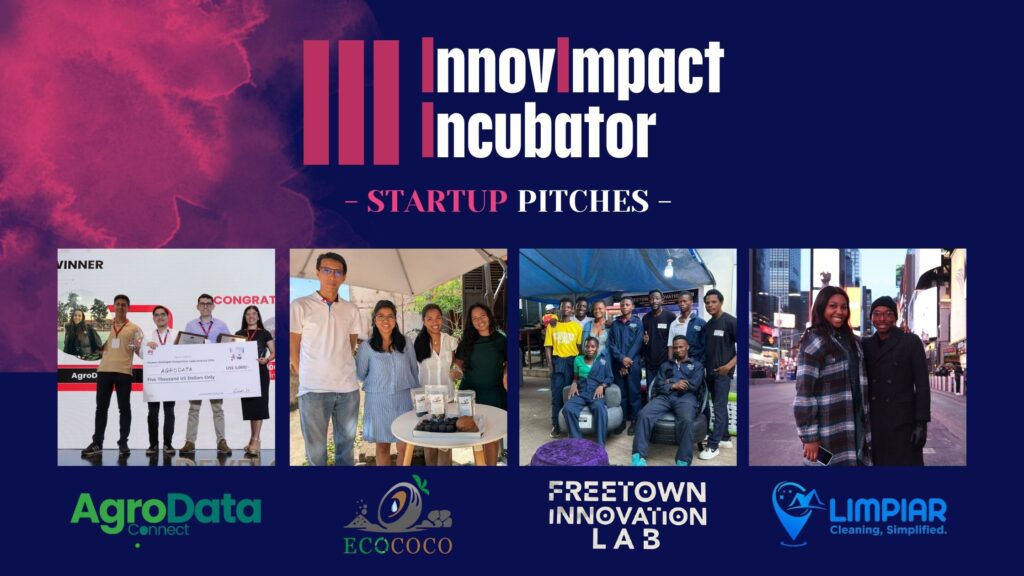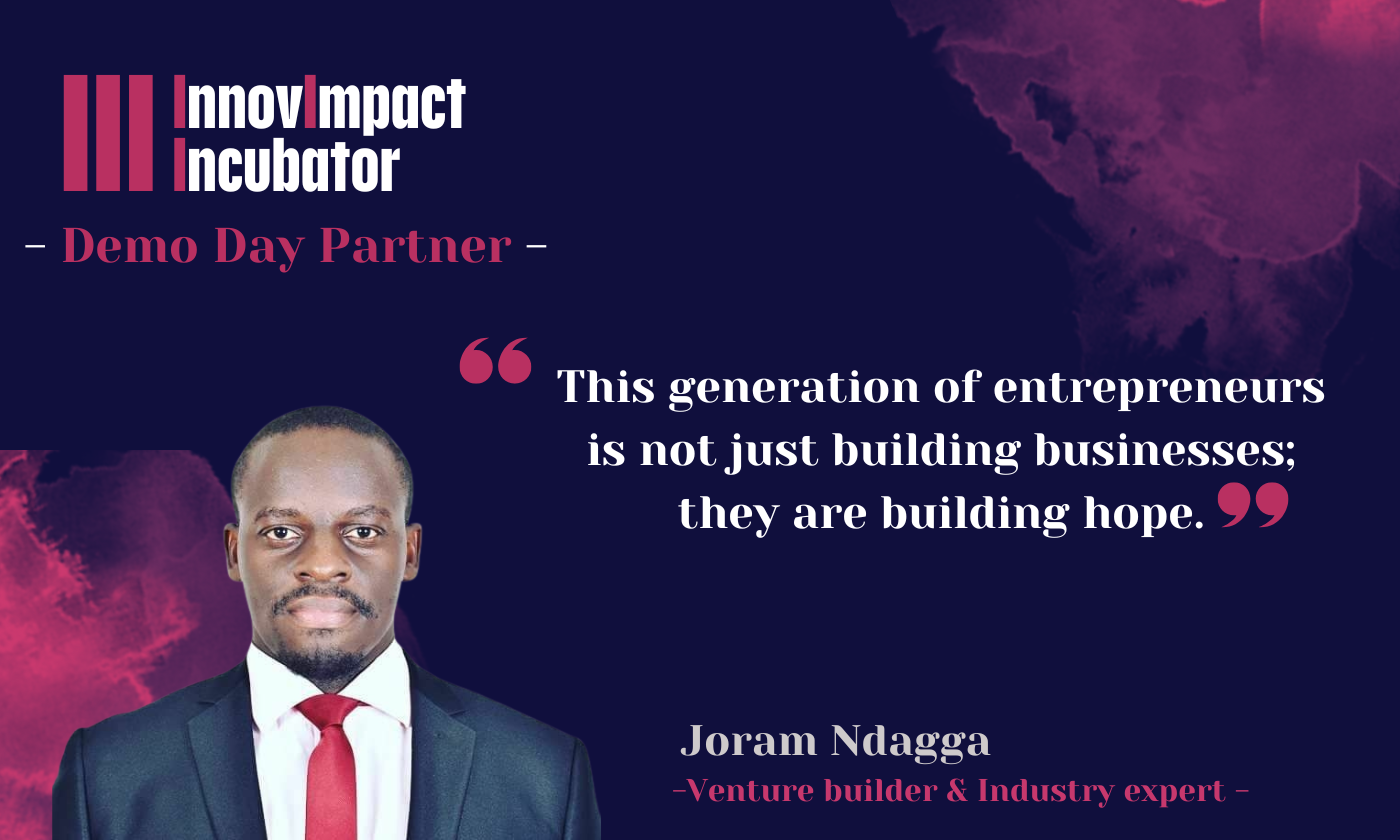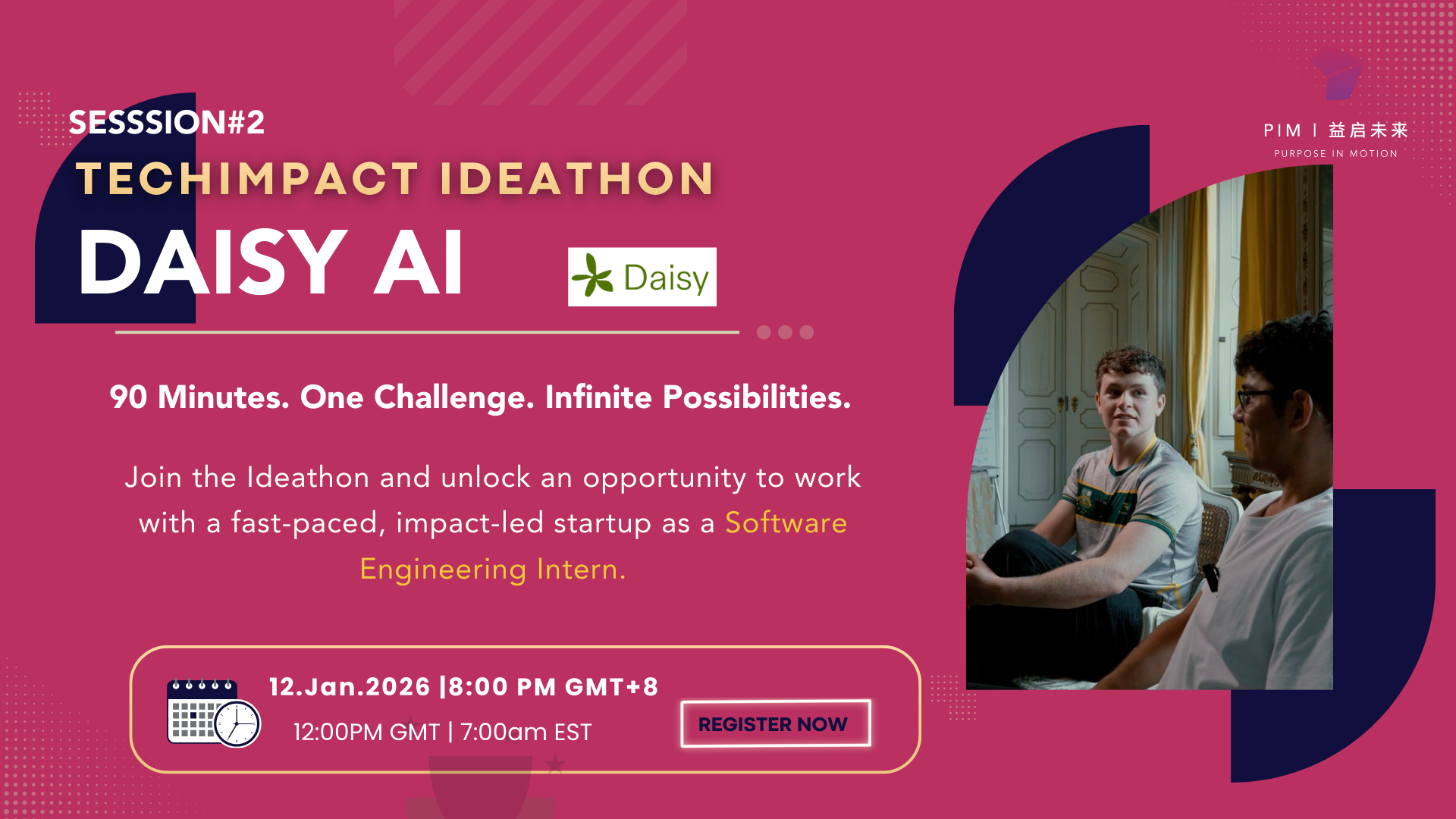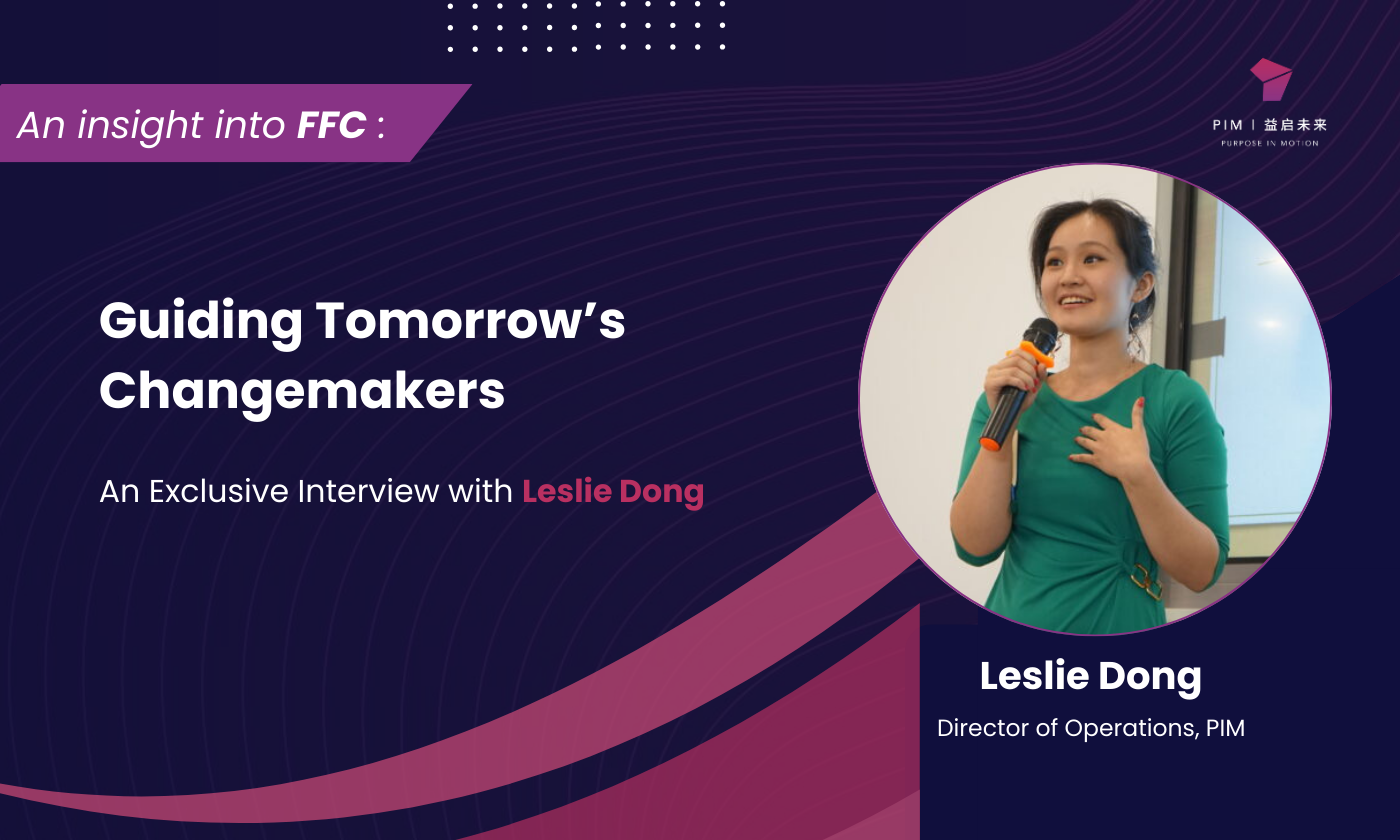A first-hand reflection by Joram Ndagga, venture builder and industry expert, on his experience at Demo Day
As a seasoned venture builder and industry expert based in Uganda, I’ve had the unique opportunity to work with innovators across Africa for the past six years. When I was invited to serve as an expert at the Purpose in Motion (PIM)’s InnovImpact Incubator Demo Day, I was excited to contribute to an ecosystem that thrives on unlocking scalable, inclusive, and context-relevant solutions to social and environmental problems.

What stood out most during this Demo Day was the clarity of purpose in each pitch, these weren’t just ideas; they were mission-driven innovations shaped by real, lived experiences. One of the standout ventures for me was AgroData from Latin America. Their solution brilliantly integrated localized data analytics for smallholder farmers, empowering decision-making on everything from crop cycles to pest control. It reflected a trend I increasingly see: impact innovations leveraging technology to create hyper-localized, scalable tools that address food insecurity and climate unpredictability.
Ecococo from Madagascar also left a lasting impression. Their use of coconut waste to create eco-friendly briquettes tackles both deforestation and waste management. It’s a perfect example of circular innovation with potential for broad-scale adoption, especially in regions where cooking fuel remains a critical issue.
Limpiar from the USA and FreeTown Innovation Lab from Sierra Leone both demonstrated exceptional clarity in their business models. Limpiar’s approach to water purification technology, combined with decentralized access models, suggested a scalable, equity-focused approach that could work in many underserved communities.
What excites me most about the next generation of impact entrepreneurs is their courage to challenge norms and build for inclusivity. Many teams didn’t just pitch tech; they pitched trust and the deep understanding of the communities they aim to serve. Real-world implementation, however, will demand navigating complex regulatory environments, especially for ventures in the clean tech and health spaces. Entrepreneurs must also brace for talent constraints and logistical barriers when deploying at scale. That’s where partnerships with established players can amplify success.
Participating in structured programs like PIM’s InnovImpact Incubator provides startups with early and critical exposure to these industry realities so that startups are more likely to foster a culture of feedback, iterative design, and systems thinking. These are not just accelerators of ventures; they are accelerators of maturity.
The InnovImpact Incubator’s Demo Day reinforced my belief that the future of impact innovation lies in cross-border collaboration, youth-led creativity, and bold ideas grounded in empathy.
To anyone building or supporting early-stage ventures: keep listening to the communities you serve and remember that sustainable innovation is not just about scale, it’s about dignity, access, and shared prosperity.
This generation of entrepreneurs is not just building businesses; they are building hope.
About Joram Ndagga (LinkedIn):

Joram is an entrepreneurial enthusiast and seasoned venture builder with extensive experience supporting early-stage startups and MSMEs across Africa. He specializes in helping entrepreneurs become investment-ready by providing expertise in financial modeling, social venture development, go-to-market strategies, fundraising, and team building. As the founder of Bussi Community Solutions, a nonprofit advancing sustainable school feeding programs in resource-constrained communities, Joram combines his passion for enterprise development with a strong commitment to social impact. His work focuses on building scalable, sustainable business models that empower innovators to design, grow, and drive systemic change for a more inclusive future.




